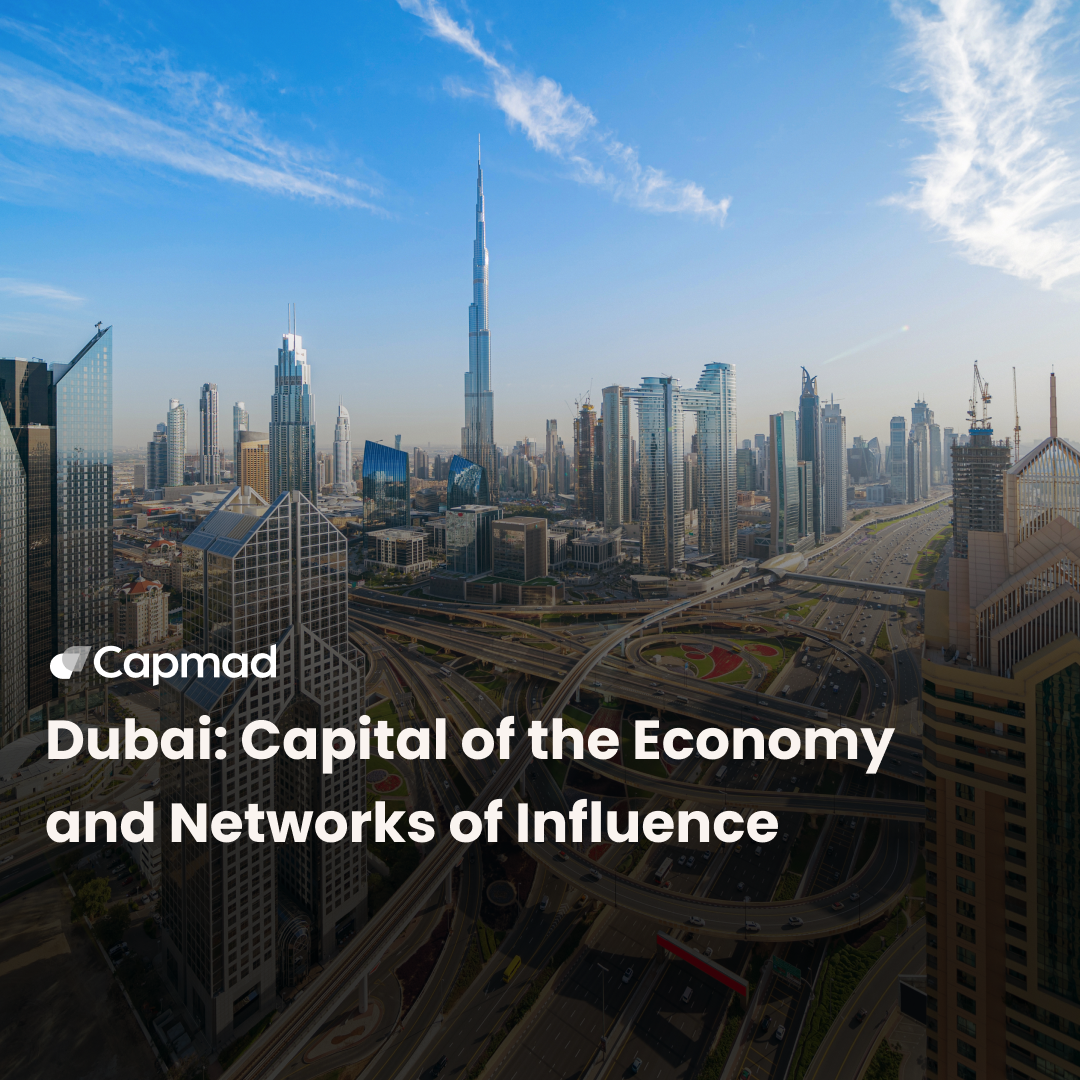The Lekki deep-sea port can now accommodate ships of up to 7,000 TEUs (Twenty-Foot Equivalent Units). With this enhanced freight capacity, Nigeria is emerging as a crucial gateway for goods entering and exiting West Africa. The port operates with global best practices in maritime logistics and safety standards.
Strengthening connectivity for Africa’s largest economy
Nigeria’s maritime industry received a timely boost with the recent launch of services by the COSCO alliance, ONE (Ocean Network Express) headquartered in Singapore, and ZIM at the Lekki deep-sea port.
This move not only strengthens the connectivity of Africa’s largest economy to global trade routes but also promises to drive economic growth. This includes attracting foreign investment, increasing trade capacity, and improving logistics efficiency.
Expanding Nigeria’s maritime trade capacity
The arrival of EA Centaurus, the largest COSCO vessel to dock in Nigeria, underscores the increased capacity of the Lekki deep-sea port, now able to handle ships with up to 7,000 TEUs. This expansion enables Lekki to manage larger freight volumes and opens new trade routes, making Nigeria an essential gateway for goods moving in and out of West Africa.
Christophe Cassang, CEO of Lekki Freeport Terminal, highlights that this significant milestone aligns with the company’s vision to establish a leading maritime trade hub. The port’s investments in infrastructure and technology are designed to keep up with future trade demands, ensuring the terminal meets the evolving needs of global shipping companies and their clients.
With the commencement of bi-weekly stops by COSCO, ONE, and ZIM, Lekki is positioned to support substantial increases in freight volume, transforming Nigeria into a logistics center for the entire region.
Strategic partnerships to drive economic growth
Strategic alliances with COSCO, ONE, and ZIM have reinforced Nigeria’s position on the international stage. These partnerships bring international expertise to Nigeria’s shores, showcasing the port’s ability to meet the high standards expected by global shipping giants. By collaborating with international pioneers, Lekki leverages global best practices in maritime logistics and safety standards, enhancing the credibility and appeal of Nigerian ports.
Adesuwa Ladoja, CEO of Lagos Free Trade Zone, emphasized the impact on foreign direct investment (FDI), stating that the addition of several shipping lines should attract more investors to the Lagos Free Trade Zone. These developments offer investors improved logistics options, enabling them to streamline their supply chains by bringing raw materials directly to their factories within the zone and efficiently managing finished products.
This integration of industrial and port facilities is a significant win for industries aiming to establish a strong presence in West Africa.
Regional connectivity : Positioning Nigeria as a logistics hub
The creation of a modern deep-sea port at Lekki enhances Nigeria’s appeal as a regional logistics hub. As Nigeria’s deepest seaport, with a draft of 16.5 meters, Lekki can accommodate larger ships that cannot access other regional ports. This advantage opens West Africa to a wider range of international trade routes, facilitating goods movement to neighboring landlocked countries like Niger and Chad, which rely on Nigerian ports for imports and exports.
This development is expected to reduce reliance on older ports like Apapa and Tin Can Island, which have faced congestion and limited capacity. The new port alleviates these bottlenecks and provides additional trade routes, reducing shipping times and costs for importers and exporters across West Africa.
Additionally, as neighboring countries seek efficient ports to expedite their trade processes, Nigeria stands to earn revenue from transit fees and related services.
Sustainable growth and long-term impact on Nigeria’s economy
Beyond immediate trade benefits, the creation of a modern port at Lekki has long-term economic implications for Nigeria. The increase in freight throughput contributes to the broader economy by creating jobs in the maritime, logistics, and manufacturing sectors.
Moreover, enhanced trade capacity can lower import costs, benefiting Nigerian consumers and industries. The increased FDI generated by these advancements has a multiplier effect, promoting infrastructure improvement, skill development, and the expansion of ancillary services like warehousing and transportation. Over time, this ecosystem can transform Nigeria’s coastal regions into dynamic economic zones that boost the nation’s growth and development.
Du Ruogang, Managing Director of Lekki Port, noted that the launch of new shipping lines marks only the beginning of Lekki Port’s mission to support Nigeria’s economy. The port acts as a cornerstone of Nigeria’s logistics and trade strategy, with potential impacts reaching far beyond the maritime sector.






